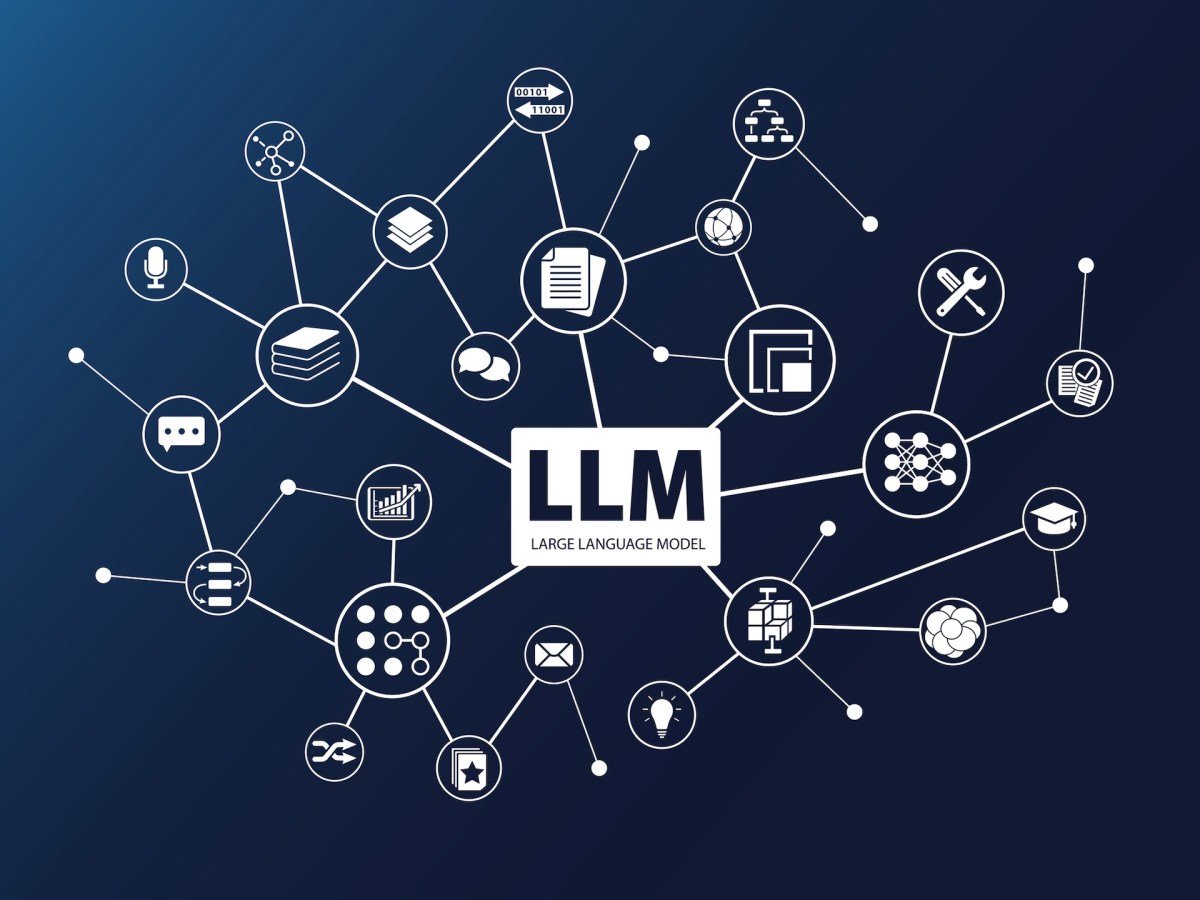<div>
<h2>Cohere Secures $500 Million in Oversubscribed Funding Round, Valued at $6.8 Billion</h2>
<p id="speakable-summary" class="wp-block-paragraph">On Thursday, Cohere <a target="_blank" href="https://cohere.com/blog/august-2025-funding-round" rel="noreferrer noopener nofollow">announced</a> it has successfully raised an oversubscribed $500 million funding round, raising its valuation to $6.8 billion. This marks a significant increase from its previous valuation of $5.5 billion from a round held just over a year ago, which also raised $500 million.</p>
<h3>A Pioneer in Enterprise AI: Who is Cohere?</h3>
<p class="wp-block-paragraph">Founded in 2019 and headquartered in Toronto, Cohere was among the first breakthrough companies in large language model (LLM) technology. Co-founder Aidan Gomez, who contributed to the influential “<a target="_blank" href="https://en.wikipedia.org/wiki/Attention_Is_All_You_Need" rel="noreferrer noopener nofollow">Attention Is All You Need</a>” paper, has positioned Cohere as a solid contender in an AI landscape dominated by giants like OpenAI, Anthropic, and Meta. Unlike many competitors, Cohere focuses on offering secure LLMs tailored for enterprise applications rather than consumer use.</p>
<h3>Strategic Partnerships with Leading Tech Giants</h3>
<p class="wp-block-paragraph">Cohere has formed key partnerships with several high-profile enterprise technology companies, including Oracle, Dell, Bell, Fujitsu, LG’s consulting service CNS, and SAP, alongside esteemed enterprises like RBC and a new participant in this funding round: the Healthcare of Ontario Pension Plan.</p>
<h3>Focus on Security in AI</h3>
<p class="wp-block-paragraph">In a bold statement, Cohere’s press release emphasizes its commitment to a "security-first" approach to enterprise AI, claiming that such a necessity is not adequately addressed by traditional consumer models.</p>
<h3>Talent Acquisition in a Competitive Landscape</h3>
<p class="wp-block-paragraph">Despite its successes, Cohere is not immune to the rampant talent poaching plaguing the AI sector. Recently, the company appointed <a target="_blank" href="https://techcrunch.com/2025/08/14/cohere-hires-long-time-meta-research-head-joelle-pineau-as-its-chief-ai-officer/">Joelle Pineau</a>, a former top researcher at Meta, as its new Chief AI Officer. Additionally, Francois Chadwick has been brought on board as CFO, transitioning from a role at KPMG, with experience at Uber and Shield AI.</p>
<h3>Investor Support and Future Prospects</h3>
<p class="wp-block-paragraph">The recent funding round was spearheaded by Radical Ventures and Inovia Capital. Radical has previously supported ventures such as Fei-Fei Li’s World Labs, and Inovia is a well-known Canadian venture firm with a diverse portfolio that includes names like Poolside and Neo4j.</p>
<p class="wp-block-paragraph">The round also saw participation from existing investors including AMD Ventures, Nvidia, and Salesforce Ventures. Interestingly, Oracle, a previous supporter, was not listed as a current participating investor—an aspect Cohere has yet to clarify.</p>
<h3>Oracle's Changing Allegiances</h3>
<p class="wp-block-paragraph">Oracle backed Cohere in 2023; however, the database heavyweight has shifted its focus to align closely with OpenAI, particularly regarding its extensive Stargate data center project.</p>
<hr class="wp-block-separator has-alpha-channel-opacity"/>
<p class="wp-block-paragraph"><em>We’re committed to evolving and enhancing our coverage. Share your thoughts on TechCrunch and our events by participating in this survey—your feedback could earn you a chance to win a prize!</em> <a target="_blank" href="https://survey.researchresults.com/survey/selfserve/53b/g002/s0064551?list=tcap" rel="noreferrer noopener nofollow"><em>Click here to take the survey.</em></a></p>
</div>This rewritten article utilizes engaging headlines and SEO-friendly formatting to effectively communicate the key points about Cohere’s funding and strategic positioning in the AI landscape.
Here are five FAQs based on Cohere’s $6.8 billion valuation and the investments from AMD, Nvidia, and Salesforce:
FAQ 1: What is Cohere’s current valuation?
Answer: Cohere has reached a valuation of $6.8 billion, indicating significant growth and investor confidence in the company’s potential.
FAQ 2: Which major companies have invested in Cohere?
Answer: Major investors in Cohere include AMD, Nvidia, and Salesforce, all of which have doubled down on their investments, reflecting their belief in Cohere’s technology and market position.
FAQ 3: What area does Cohere specialize in?
Answer: Cohere specializes in natural language processing (NLP) and AI-driven language models, focusing on enhancing machine learning capabilities for various applications.
FAQ 4: How will the investments from AMD, Nvidia, and Salesforce impact Cohere’s growth?
Answer: The investments from these tech giants are expected to bolster Cohere’s research and development efforts, expand its market reach, and accelerate the deployment of its AI technologies, increasing its competitive edge.
FAQ 5: Why is the $6.8 billion valuation significant for the AI industry?
Answer: This valuation underscores the growing demand for AI solutions and highlights investor confidence in the sector, suggesting that companies like Cohere are pivotal in shaping the future of artificial intelligence and machine learning.



